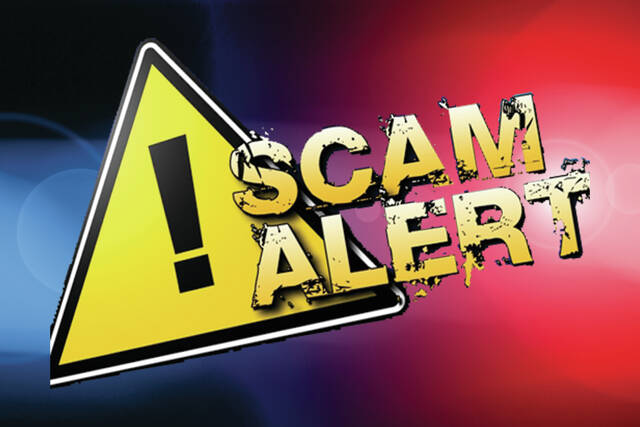
Sheriff Rick Meyer recently issued a warning to Jackson County residents to be vigilant when it comes to scam artists.
Meyer said scam calls typically intensify in the spring when people file their taxes and some get refunds.
“The single most important thing to remember is that if it sounds too good to be true, it probably is,” Meyer said in a news release. “No legitimate company or agency will deny you a prize if you fail to give out your personal or financial information. Publishers Clearing House and other legitimate agencies do not operate this way.”
Meyer offers the following tips to keep your money from falling into the hands of scammers:
Assume any unsolicited phone call is a scam.
Ask for a callback number. If one is provided, do not call until you check it out first.
Contact the sheriff’s department and ask about the call you’ve received.
Never give out banking/credit card information to a caller. Hang up. Then call your bank or credit card company to ask about the situation.
Meyer said the Publishers Clearing House scam typically involves a phone call. The recipient is informed he or she has won but must pay taxes or fees upfront. Scammers also may send a “check” that appears to be from PCH. People are asked to deposit the check and send back attorney fees or taxes. Then the check bounces.
Publishers Clearing House will never call to say you are a winner, according to its website, Meyer said. Major winners will get a visit from the Prize Patrol. PCH will never ask you to pay taxes or legal fees upfront and will never send you a check requesting some money back.
Scammers also try to defraud Social Security recipients. This scam usually involves a letter that appears to be on Social Security Administration letterhead and asks the recipient to call a toll-free number to activate an increase in benefits, such as the cost-of-living adjustment.
Cost-of-living adjustments are automatic and do not require any kind of activation. Never respond to a phone call or letter appearing to be from the SSA. Call your area office or check the SSA website first.
“If you ever suspect a call, email or letter is not legitimate, stop and call us,” Meyer said. “Please call us first. It’s our job to keep residents safe and free from harm, and that includes scam artists.”
